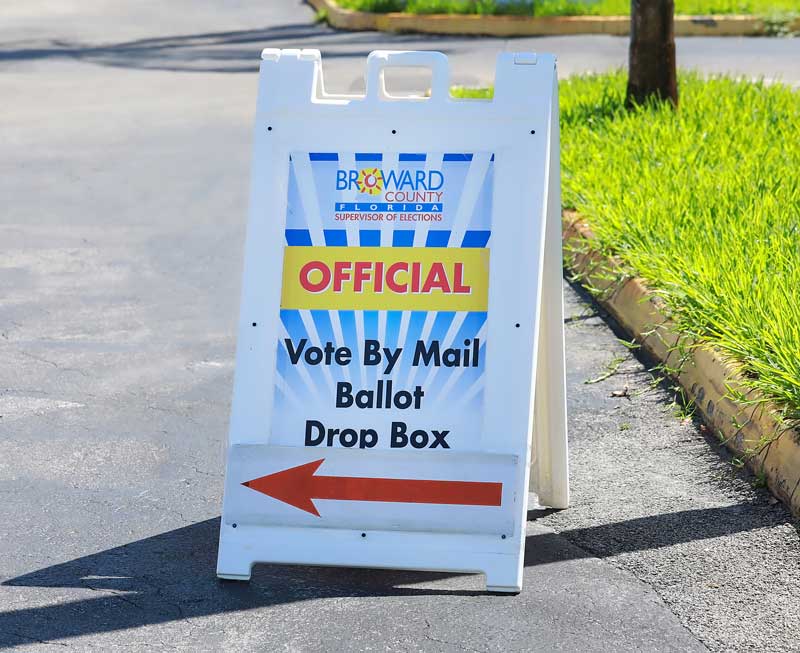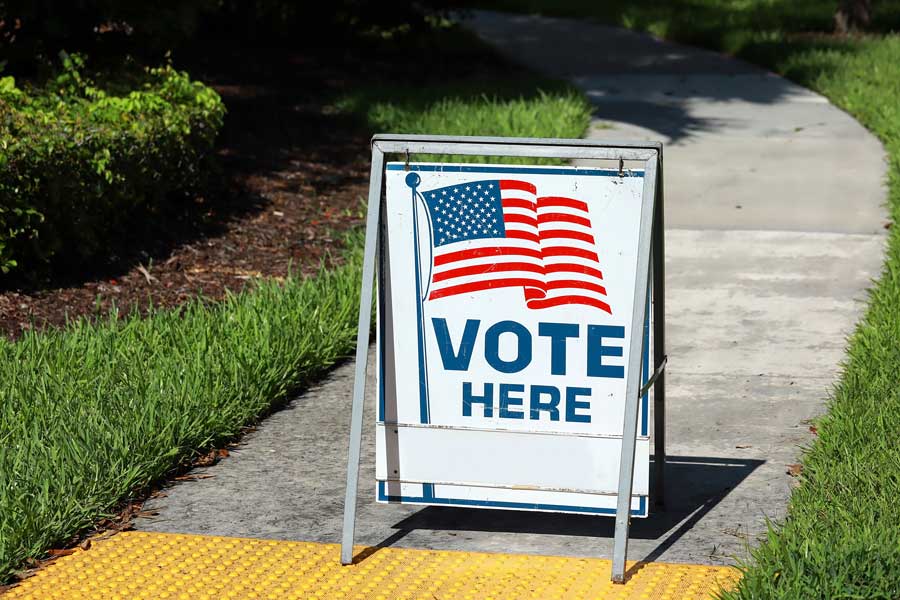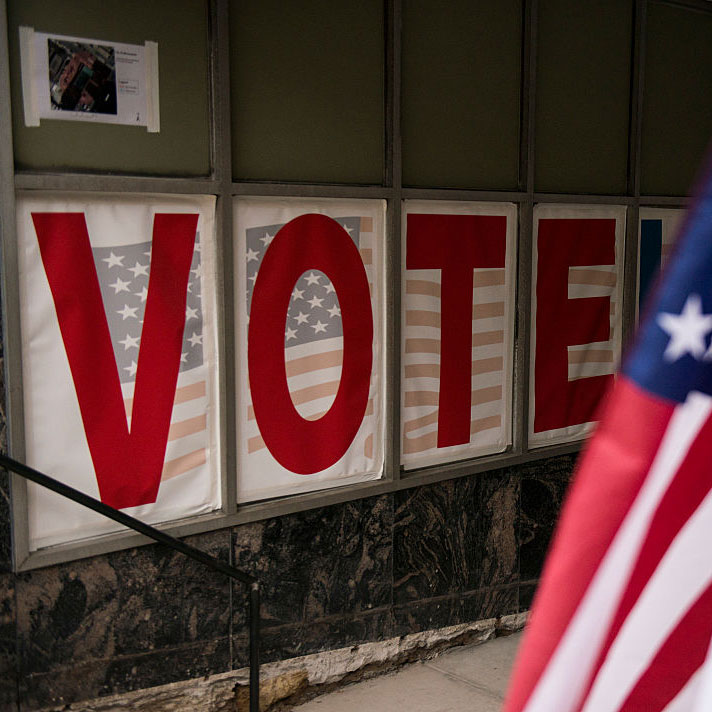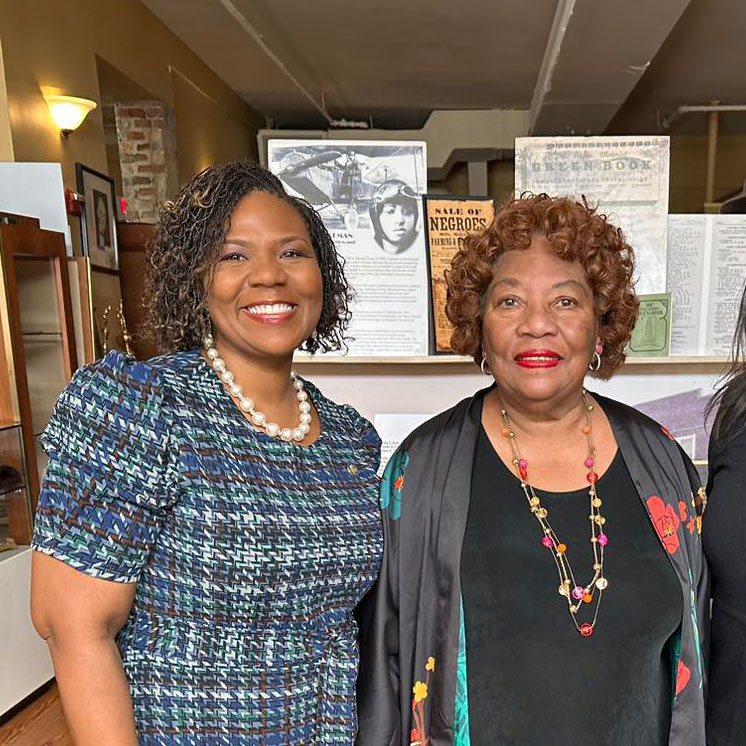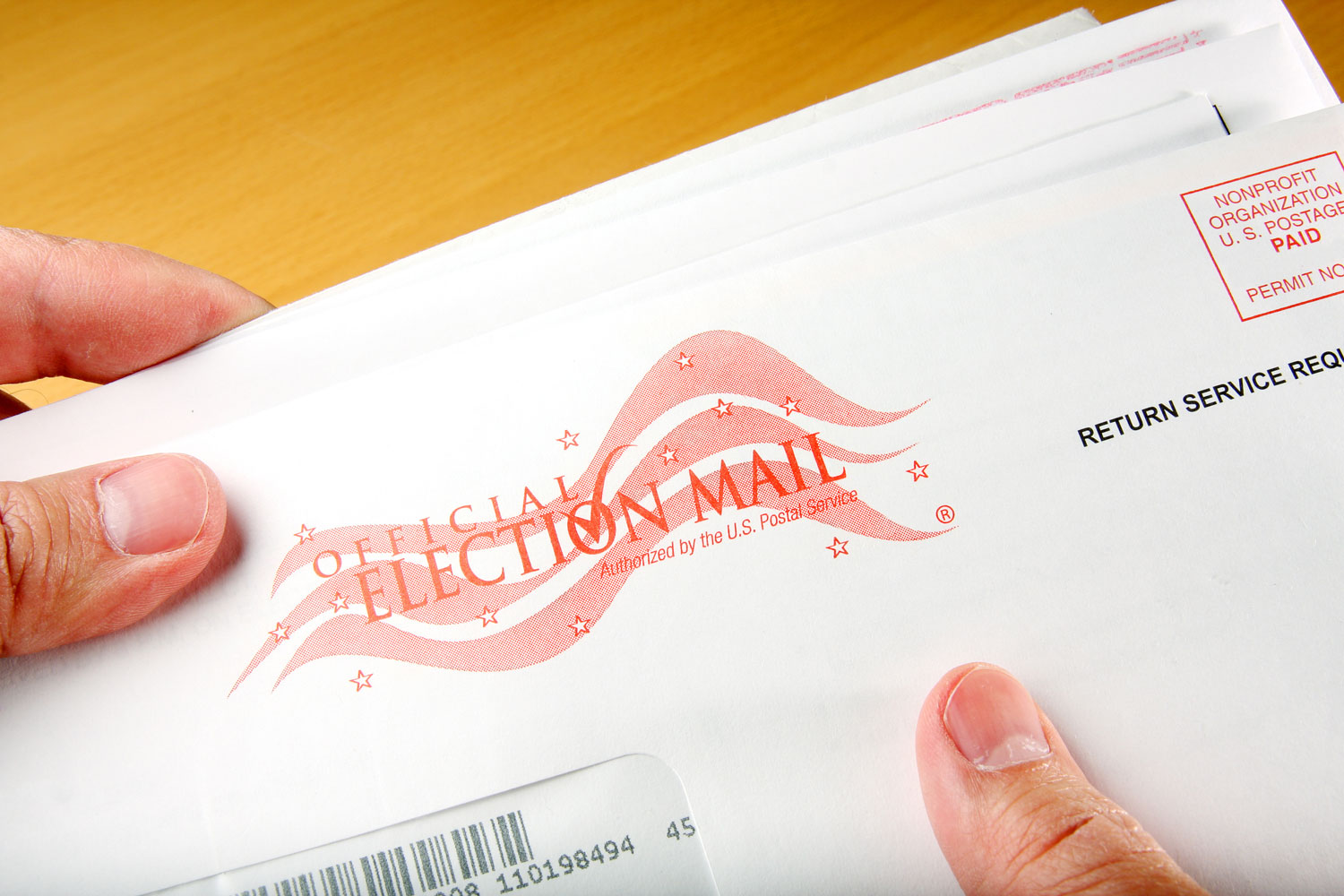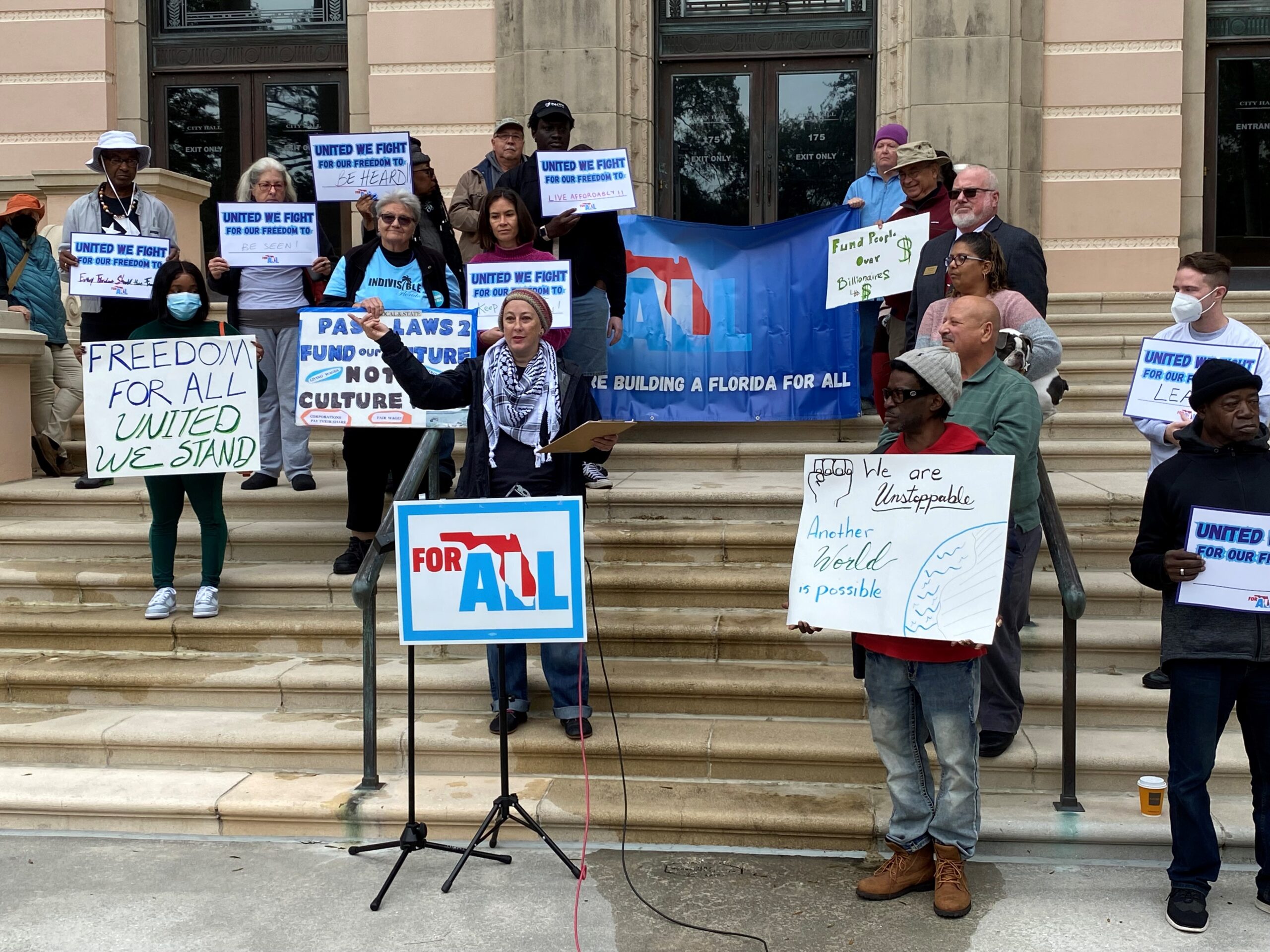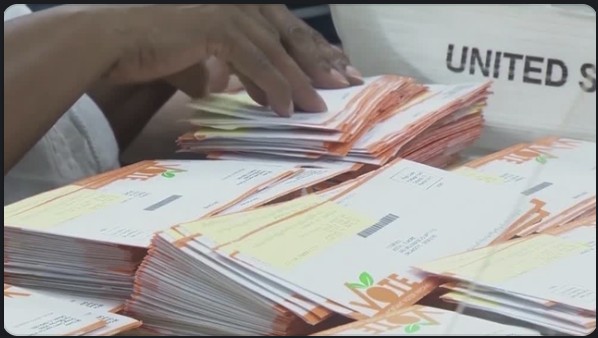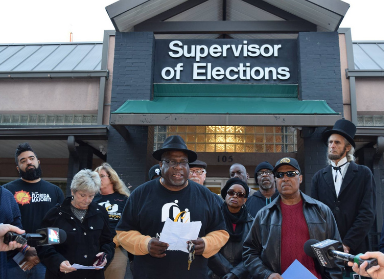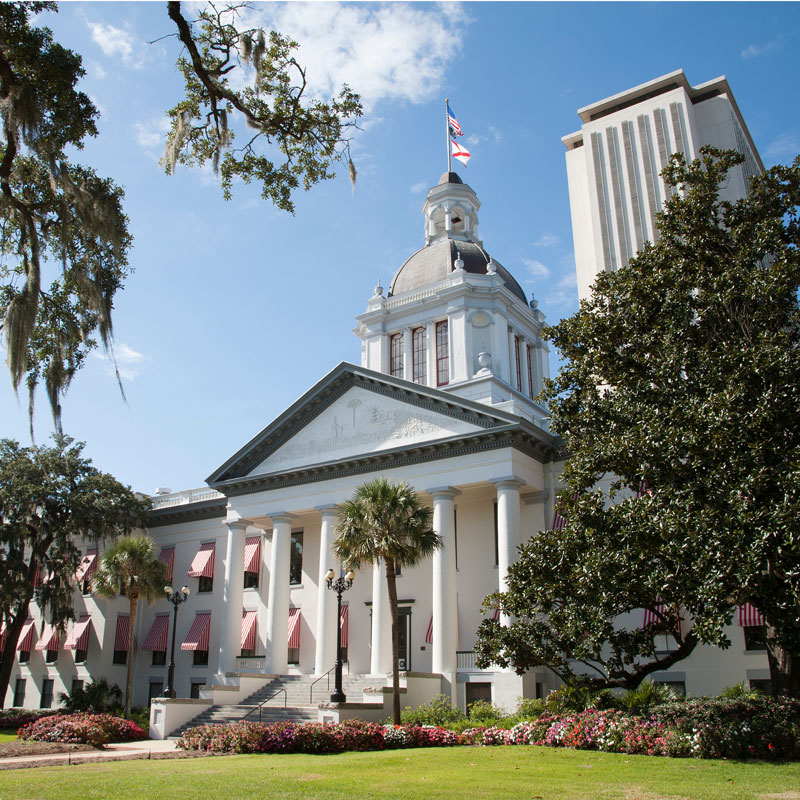February 20, 2024
/
Tallahassee, FL – A State Affairs Committee elections bill filed Monday introduced legislation that would prohibit drop boxes for people to turn in their absentee or vote by mail ballots unless they are in the physical offices of county supervisors of elections or at an early voting polling place during hours when early voting can occur. If passed, PCB SAC 6 would ban almost all drop boxes that have worked effectively and safely in previous Florida elections.
The drop boxes have not gotten the attention of other aspects of the bill. But State Voices Florida condemns the banning of drop boxes and urges all legislators in the House and Senate to oppose it. It will make it harder to vote in Florida, but won’t make our elections more secure.
The drop boxes have not gotten the attention of other aspects of the bill. But State Voices Florida condemns the banning of drop boxes and urges all legislators in the House and Senate to oppose it. It will make it harder to vote in Florida, but won’t make our elections more secure.
Read More
February 1, 2024
/
What: An Invitation from Equal Ground, Florida Rising, SPLC Action Fund, All Voting is Local, ACLU Florida, and the NAACP to a Press Conference and Voting Rights Rally calling for the passage of the Harry T. and Harriette V. Moore Voting Rights Act (Senate Bill 1522 and House Bill 1035).
When: February 7, 2024 at noon.
Where: House Plaza (north side) at the Capitol, Tallahassee, FL.
Featured Speakers: Senator Geraldine Thompson and Representative Lavon Bracy-Davis, sponsors of the legislation.
Please RSVP here.
Read More
January 23, 2024
/
A federal judge stopped the enforcement of a Florida law in July that bans non-U.S. citizens from collecting or handling voter registrations. Now, the voting rights advocates are preparing to defend their temporary victory in an appellate court on Thursday. Florida Secretary of State Cord Byrd and Attorney General Ashley Moody filed an appeal of U.S. Chief District Judge Mark Walker’s decision to stop the enforcement of the law just days after it went into effect. The appeal is set to be heard on Jan. 25 in the United States Court of Appeals for the 11th Circuit in Atlanta, Georgia.
Read More
January 11, 2024
/
TALLAHASSEE, Fla. – As democratic ideals and values continue to face attacks from extremist politicians, Senator Geraldine Thompson (D-Orlando) and Rep. LaVon Bracy Davis (D-Orlando) proudly announce legislation to protect democracy and ensure equal access at the ballot box: the Harry T. & Harriette V. Moore Florida Voting Rights Act (SB 1522/HB 1035).
Read More
January 9, 2024
/
Tallahassee, FL – Last week Senate Bill 1752 was introduced. This legislation would limit access to vote by mail, which is now available to any registered voter who requests it.
State Voices Florida opposes this legislation. We believe everyone should have the right to vote, and voting should be simple and easy. SB 1752 will make it more difficult for all Floridians to vote regardless of their politics.
Read More
January 8, 2024
/
The Florida Legislative Session starts January 9th, and a coalition of Florida advocates and leaders spoke on the steps of St. Petersburg City Hall to demand lawmakers listen to the concerns of working Floridians. Jerry Funt is with activist group the Bay Area Dream Defenders. “Last year, these politicians handed out tax breaks to wealthy industries, they delivered contracts to their political donors, they dismantled regulations that keep you and I safe, and they neglected to deal with rising housing and insurance costs while spending public money to engage in culture wars that targeted our communities.”
Read More
January 7, 2024
/
A senator in Florida is pushing a bill that would make it more difficult to vote by mail. Currently, people who want to vote by mail in the state of Florida simply register to vote and request a mail-in ballot. However, Senate Bill 1752, filed by state Sen. Blaise Ingolia, would change that system with one word: eligibility. The bill says a qualified absent voter may vote by mail if, on election day and during early in-person voting, the absent voter expects to be: It’s a move that Ramon Perez, the executive director of the nonprofit organization Digital Democracy Project, believes would limit access to voting.
Read More
November 28, 2023
/
Today is Giving Tuesday, a global generosity movement unleashing the power of people and organizations to transform their communities, and that is what we hope to do, transform communities. State Voices Florida is a statewide civic engagement organization committed to bringing together progressive Non Partisan organizations to work together in building power around civic issues. If the progressive movement works together and speaks with one voice, great things will happen. We believe everyone should have the right to vote, and voting should be simple and easy. We also support reproductive rights, environmental justice, criminal justice reform, economic justice and affordable housing for everyone. Along with our partner organizations, we use data and technology, people-powered campaigns, and coalitions to collectively build a multiracial democracy that allows every Floridian to thrive and live in their full dignity. We are a member of the State Voices Affiliated Network, a network of state-based coalitions,
Read More
March 8, 2023
/
State Voices Florida, a 501©3 which helps grassroots organizations build year-round, long-term community involvement through civic engagement, called on Florida officials today to rethink new rules that make it harder for organizations to access the Florida Capitol building.
Read More

